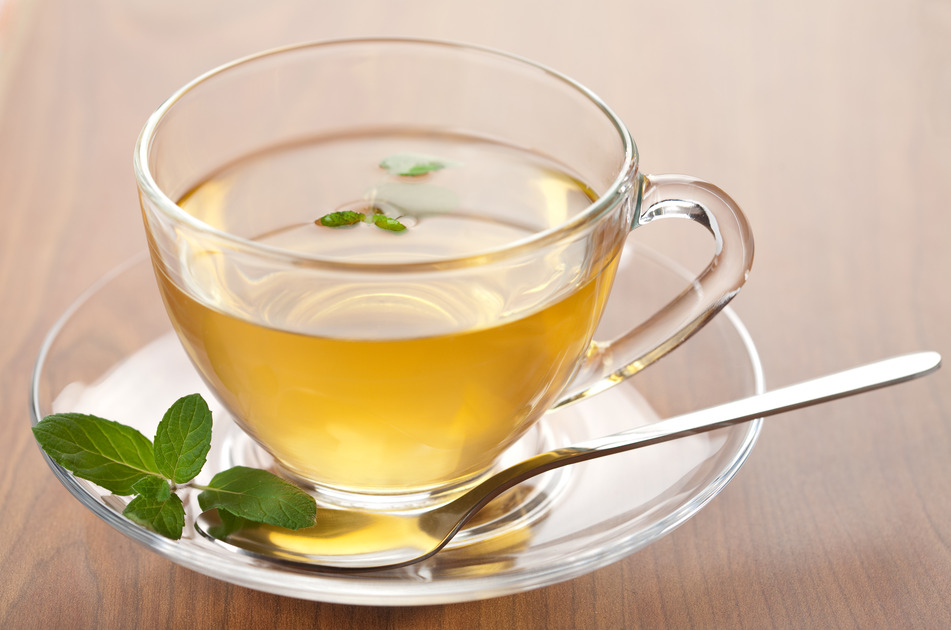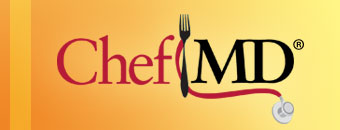
Treat your liver well and it will treat you well in return, keeping liver detox humming in the background and protecting you from liver disease and other poisonings. Read on to learn how to take care of your liver, stop liver disease, and start liver detox.
One of our body’s largest organs, the liver is a workhorse, designed to keep the the blood, brain and organs cleansed of toxins and poisons. The liver detoxifies chemicals that enter your body through air, water, food, medications or supplements. It also breaks down your hormones, that may be in excess, helping to keep body chemistry in balance. Once the liver metabolizes these substances, it prepares them to be more easily utilized or excreted.
The fats, carbohydrates, and proteins you consume are metabolized by the liver for different functions in the body. After you eat carbohydrates, the liver helps maintain blood sugar balance. Fats are broken down for the production of energy. Amino acids in protein foods are also broken down for energy, or to make more carbohydrates or fats, as the body needs. The liver also facilitates the storage of vitamins A, D, E, K and B12, as well as iron and copper.
The liver detoxifies poisons, through phase 1, 2 and 3 detoxification: the first two disable poisons, and the third shuttles them out! Over half of the body’s lymph fluid is produced in the liver. The lymphatic system is responsible for healthy immune function and acts as your body’s internal janitor, collecting cellular waste products for elimination. These vital functions make the liver a major organ in metabolism and detoxification.
When the Liver Fails
Dysfunction of the liver can first manifest as symptoms in various body systems, including digestive, metabolic, and immune systems before the root cause is identified. A natural medicine practitioner will work with you to assess symptoms, run appropriate tests, and evaluate the overall functioning of your vital systems to determine the root cause. Here are three diseases and dysfunctions of the liver that can affect your health.
Non-Alcoholic Fatty Liver Disease (NAFLD) is a group of conditions affecting people who drink little to no alcohol but their liver cells store too much fat. This causes liver inflammation, which may progress to scarring and irreversible damage similar to the damage caused by heavy alcohol use. In the United States, it’s the most common form of chronic liver disease, affecting an estimated 80 to 100 million people, typically 40 – 50 years old.
Cirrhosis occurs when fibrous (scar) tissue replaces healthy liver tissue, often leading to cancer, destruction of liver cells and acute liver failure. It can be caused by toxins, alcohol abuse and hepatitis.
Hepatitis is commonly caused by viruses, but also by toxins or an autoimmune problem. Hepatitis causes inflammation in the liver, which can often be healed; if not addressed, it will result in liver failure. And Non Alcoholic Fatty Liver Disease (NAFLD) and Non Alcoholic SteatoHepatitis (NASH), NAFLD’s more severe form, are both epidemic: their primary cause is probably obesity. Fatty liver can cause of chronic inflammation in the body. An excellent book about it is NAFLD: A Practical Guide
Tips for a Healthy Liver
Weight Loss Helps. The position statement by the European Association for the Study of the Liver (EASL) on NAFLD/NASH recommends a weight loss of 7% on the basis of an extensive body of literature.
Eat Foods that Detoxify Poisons. Chief among these are cruciferous vegetables, lightly cooked, with a raw crucifer added to the finished dish to maximize absorption of the detoxifying compounds. Examples: Steamed, shaved brussells sprouts, cauliflower, broccoli, cabbage, mustard greens, collard greens, plus a little fresh crucifer minced for garnish. I have great vegetable recipes in both ChefMD’s Big Book of Culinary Medicine and Cooking the RealAge Way.
Try Specific Supplements. There is reasonable evidence for milk thistle, lipoic acid and n-acetyl-l-cysteine, which elevate the level of the anti-inflammatory master antioxidant glutathione in the liver. I’ve written about glutathione, and about magnesium, b vitamins and how they work in the body. The links can take you to several of my top choices of these; read more about glutathione.
Eat Whole Foods. The liver has a role in metabolizing the major nutrients you take in through diet. A whole foods diet is your best prevention against stressing your liver with too much fat, sugar, or excessive protein. Choose healthy fats, whole grains, and organic sources of fish and meat while avoiding processed and packaged foods. Green tea, which is rich in antioxidants known as catechins, has also been shown to have liver-protecting potential. My favorite book on tea and how to use it: 20,000 Secrets of Tea: The Most Effective Ways to Benefit from Nature’s Healing Herbs
Reduce Alcohol Intake. Over time, excess consumption of alcohol causes cirrhosis of the liver. The breakdown of alcohol produces chemicals, such as free radicals, that are toxic to the liver. General health guidelines suggest moderate use of alcohol — one drink/day for women and two drinks/day for men.
Don’t Mix Drugs. Drug interactions can have serious health consequences. This includes mixing prescription medicine, street drugs, alcohol, herbal or other natural remedies.
Avoid Airborne Chemical Exposure. When using strong or industrial cleaning, painting or gardening chemicals, ventilate the area or wear a mask.
Protect Against Hepatitis. Viral Hepatitis A is contracted by eating or drinking contaminated water. Hepatitis B and C are spread through blood and body fluids. To cut your risk, don’t share personal hygiene items, limit the number of sex partners you have, and always use latex condoms.







